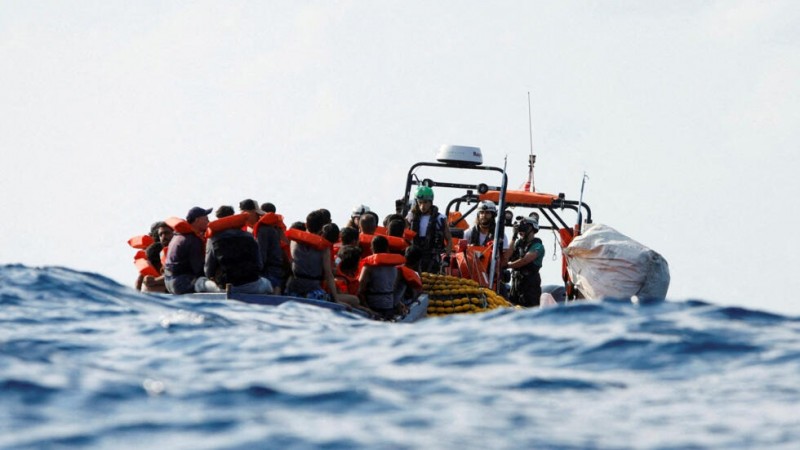Algeria has launched a new security unit to tackle human trafficking and migrant smuggling along its northern coastline. This unit, supervised by the Gendarmerie, is equipped with significant resources and authority to combat the rising issue of illegal sea migration.
In a recent operation, the Gendarmerie dismantled two smuggling networks operating in Algiers, Blida, and Ain Taya. The operation resulted in the arrest of 10 individuals and the seizure of seven boats used to transport migrants to southern Europe. Although the exact dates of the raids were not disclosed, these actions highlight Algeria’s intensified efforts to address the problem.
The newly established unit is focused on organized crime, particularly illegal migration. The Gendarmerie worked with other agencies, including the Birkhadem Investigation Unit and regional teams in Algiers, to handle three cases of unauthorized crossings. These efforts led to the confiscation of boats worth $52,000 and a vehicle valued at $30,000. The suspects involved have been referred to the prosecution, although the total number of individuals charged was not specified.
Media reports suggest that over 20 suspects were arrested during the crackdown. These smugglers reportedly charged migrants up to 5,000 euros each for the perilous journey to Spain’s Balearic Islands. The dangerous trip, spanning 400 to 500 kilometers, typically takes around 24 hours in calm sea conditions.
Spain’s EFE agency reported that 5,165 illegal migrants have reached the Balearic Islands this year, a sharp increase from the 2,278 migrants recorded during the same period last year. Most of these migrants are from North Africa, underscoring the urgency of Algeria’s new measures to address this issue.
The Algerian government’s actions reflect its commitment to tackling the social, economic, and security impacts of migrant smuggling. However, questions remain about whether these measures are enough to curb the problem. While the arrests and seizures show progress, the increasing number of migrants reaching Europe suggests that more comprehensive efforts are needed.
Is Algeria’s approach enough to stop migrant smuggling?
Some argue that it is a step in the right direction, but the growing migration numbers indicate the need for stronger regional cooperation and strategies to address the root causes of migration.
Algeria’s initiative highlights the broader challenge of balancing border security with humanitarian concerns. This remains a pressing issue for countries across the Mediterranean as they work to manage migration effectively.

